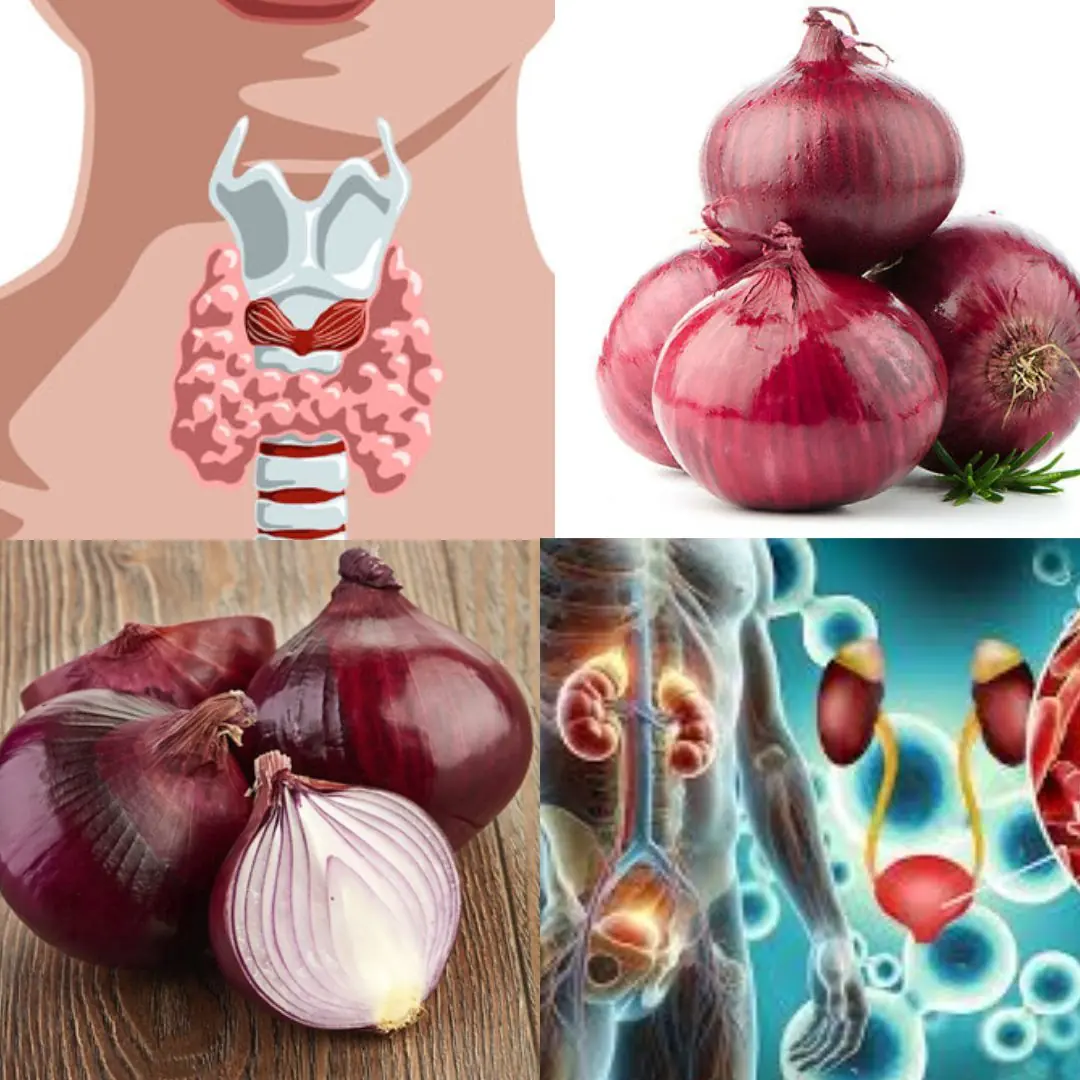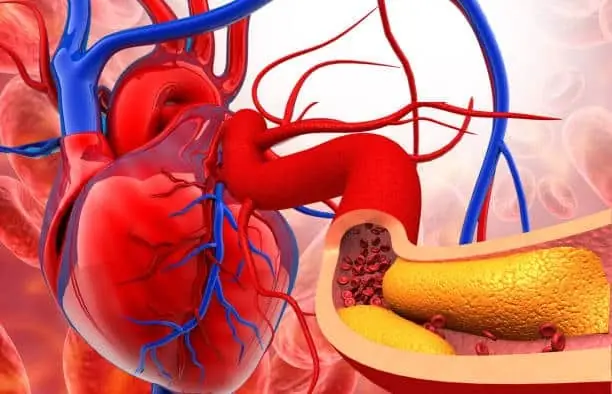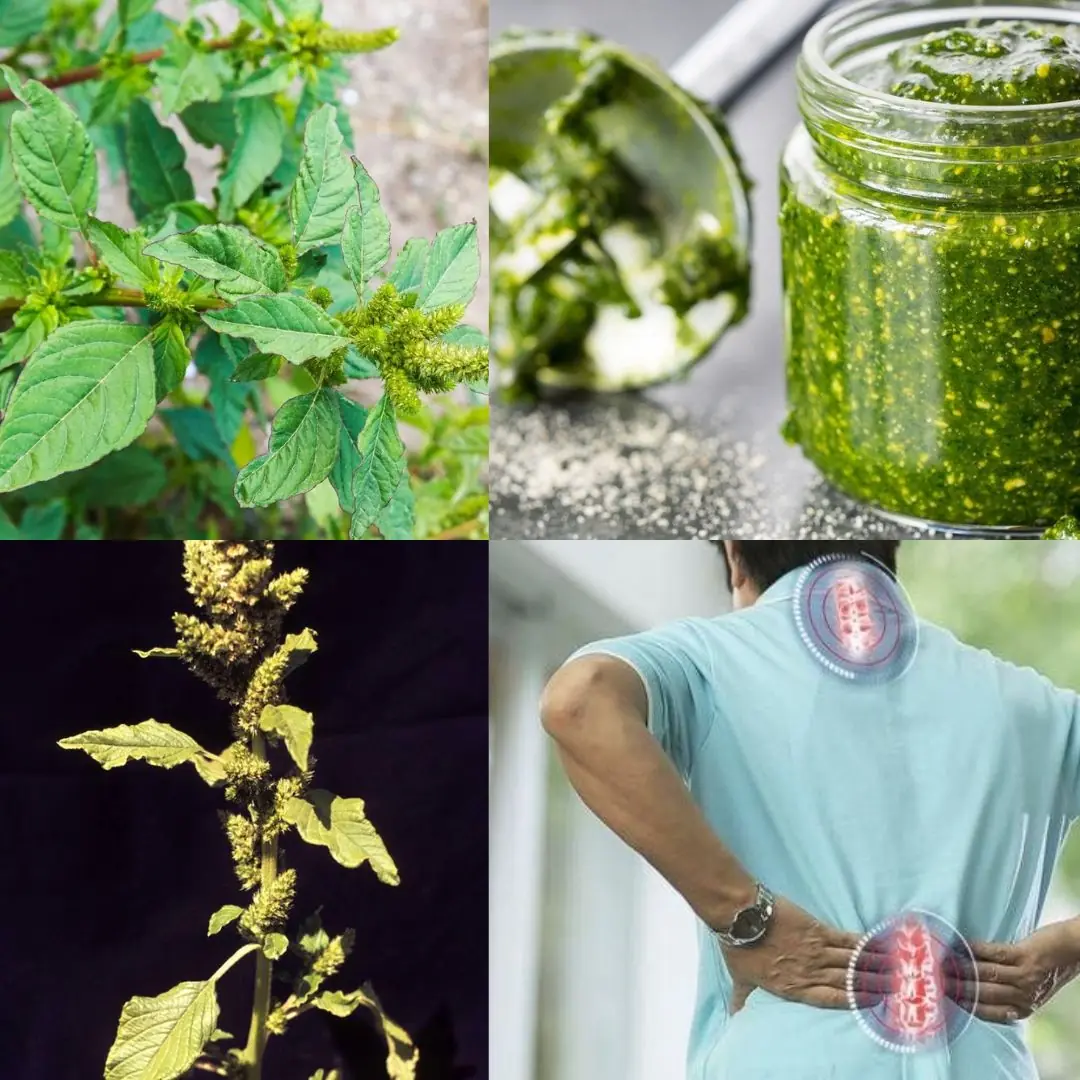
How to Treat H. Pylori Bacteria Causing Heartburn and Bloating + Natural Remedies
How to Treat H. Pylori Bacteria Causing Heartburn and Bloating + Natural Remedies
If you are experiencing persistent heartburn and bloating, there’s a possibility that you may have an H. pylori (Helicobacter pylori) bacterial infection. This bacteria is one of the leading causes of stomach ulcers and can also trigger chronic gastritis—an inflammation of the stomach lining. Along with ulcers, H. pylori can lead to uncomfortable symptoms like heartburn, bloating, nausea, and indigestion. Thankfully, there are effective ways to treat the infection both medically and through dietary and natural remedies.

What Is an H. Pylori Infection?
H. pylori is a type of bacteria that can infect the stomach and the small intestine, leading to ulcers and inflammation. It has also been linked to various gastrointestinal issues such as gastritis, heartburn, and bloating. In some cases, people with this infection experience symptoms such as nausea, vomiting, and poor digestion.
Causes of H. Pylori Infection
The H. pylori bacteria is typically spread through contaminated food, water, or person-to-person contact. It can also be passed from an infected mother to her child during birth. Although the infection can affect people of any age, it is more common in older adults.
Symptoms of H. Pylori Infection
The symptoms of H. pylori infection can vary, but common signs include:
-
Heartburn or acid reflux (a burning sensation in the chest)
-
Bloating after eating
-
Nausea, vomiting, and indigestion
-
Diarrhea or constipation
-
Weight loss, lack of appetite, and difficulty absorbing nutrients
-
Fatigue
How to Diagnose an H. Pylori Infection
To confirm whether you have an H. pylori infection, your doctor may recommend a stool test, blood test, or breath test. The stool test is the most commonly used method. Since the symptoms of H. pylori infection are similar to those of other conditions, it’s important to seek professional medical advice and get an accurate diagnosis.
Natural Remedies for H. Pylori Infections
In addition to standard medical treatments, several natural remedies may help reduce symptoms and support the healing process. While these remedies should complement, not replace, prescribed treatments, they can offer relief:
1. Probiotics
Probiotics, or "good" bacteria, can help balance the gut flora and combat H. pylori infection by taking up space in the stomach and intestines. Probiotics also help reduce inflammation and boost immune function, which can support the body’s natural defense mechanisms.
2. Synbiotics
Synbiotics are a combination of probiotics and prebiotics (fiber that feeds beneficial bacteria). They may help reduce stomach acid and support immune function, in addition to potentially alleviating symptoms related to H. pylori infections.
3. Green Tea
Green tea is rich in antioxidants and has been shown to help reduce the presence of H. pylori bacteria in the stomach. Research suggests that green tea, particularly when used as a mouthwash, may inhibit bacterial growth.
4. Manuka Honey
While research hasn’t conclusively proven that honey alone can cure an H. pylori infection, studies show that Manuka honey can inhibit bacterial growth. When combined with medical treatment, Manuka honey may enhance the effectiveness of the therapy.
5. Olive Oil
Olive oil has natural anti-inflammatory properties and may help fight H. pylori. Research has shown that olive oil can inhibit bacterial growth in laboratory settings. While more studies are needed, adding olive oil to your diet is a healthy choice with minimal risk.
6. Licorice Root
Licorice root has anti-inflammatory properties and may help inhibit H. pylori growth. However, it’s essential to consult a healthcare provider before using licorice root, as it can cause side effects such as high blood pressure when consumed in large amounts.
7. Curcumin (Turmeric)
Curcumin, the active compound in turmeric, has shown promise in combating H. pylori infections. It has anti-inflammatory effects and may inhibit the growth of the bacteria. When combined with traditional treatments, curcumin can be an effective supplement in managing the infection.
8. Phototherapy
Phototherapy, which uses ultraviolet light, has been explored as an alternative treatment for H. pylori. This method, still in research stages, can be used alongside antibiotics to potentially improve treatment outcomes.
How to Prevent an H. Pylori Infection

Taking steps to reduce the risk of infection is crucial for maintaining a healthy stomach. Here are a few preventive measures:
-
Avoid eating raw or undercooked meat, particularly beef, pork, and lamb.
-
Wash your hands frequently with soap and warm water, especially before eating or preparing food.
-
Avoid drinking untreated tap water or unpasteurized milk.
-
Eat a diet rich in fruits and vegetables, which contain antioxidants that can help protect against bacterial infections.
Conclusion
Preventing an H. pylori infection is the best strategy, so it’s important to maintain good hygiene practices and be cautious about what you eat and drink, especially when traveling to areas with questionable sanitation practices. If you suspect you have an H. pylori infection, seek medical attention to get an accurate diagnosis and appropriate treatment. Combining medical treatments with natural remedies can help reduce symptoms and promote healing, offering a holistic approach to managing heartburn, bloating, and other digestive discomforts caused by H. pylori.
News in the same category


Top 14 Kinds of Fish You Should Never Eat

Frequent Nighttime Trips to the Bathroom Could Be an Indicator of Heart Failure, Research Suggests

Doctor warns: A common habit may double the risk of a heart attack

THIS DOUBLES Your Testosterone Naturally in 7 Days!

Euphorbia Hirta (Asthma-Plant): Ancient Remedies and Modern Applications for Health and Wellness

Doctor Warns Against This One Thing If You Wake Up at Night

Reasons You Could Have Numbness or Tingling Sensations in Your Hands

A Well-Known Shampoo Is Being Withdrawn Immediately Due To Bacteria That Can Kill One In Ten Patients

9 Reasons Why You Should Eat Okra Multiple Times a Week

What’s In Your Mouth Could Be Triggering Alzheimer’s, Scientists Say

10 Signs You're Living With Clogged Arteries

Man with severe anger issues breaks down in tears after seeing what radiologist found in scans of his brain

8 Ways To Get Rid Of Phlegm And Mucus In Chest And Throat

After A 49-Year-Old Father Of Two Passes Away, There Is An Urgent Warning For All Pet Owners Who Allow Their Dogs To Lick Them

8 of the Best Anti-Cancer Foods. It’s Time to Start Adding Them to Your Diet

Getting Annoyed By Chewing Sounds Is a Genuine Psychiatric Disorder

5 Concerning Red Flags That May Signal Colon Cancer

Risk Of Prostate Cancer Increases By 45% In Men Who Share This Common Practice
News Post

Why Smoking Weed at 30 Could Impact Your Future: What Science Says

My Wife Left Me and Our Children After I Lost My Job – Two Years Later, I Accidentally Met Her in a Café, and She Was in Tears

Top 14 Kinds of Fish You Should Never Eat

A Promise I Couldn’t Walk Away From

Frequent Nighttime Trips to the Bathroom Could Be an Indicator of Heart Failure, Research Suggests

In Six Months, I Gave Birth, Lost My Leg, and Fought C.a.n.c.e.r

He approached three cops and asked to pray for them.

Doctor warns: A common habit may double the risk of a heart attack

I gave up my prom dress money to help a homeless man, and the next day he brought an unbelievable gift to prom.

No classmates attended my son’s birthday, but strangers did

My Selfish Sister Stayed by Mom's Side When She Fell Ill, but Everything Changed after the Doctor Shared Mom's Last Words

I Adopted the Oldest Shelter Dog, Knowing She Had Only a Month to Live — My Goal Was to Make It Her Happiest.

My husband traded his family for an affair — three years later, i saw them again and felt deeply satisfied.

Three of us became dads in a day—one text changed everything.

He pulled her out of a burning building—and then she never left his shoulder

Banana Peels as a Natural Ant Repellent: A Safe and Eco-Friendly Solution

1 year ago 1 year ago Peace Lily Care Guide: Key Tips to Ensure Its Flourishing Growth

THIS DOUBLES Your Testosterone Naturally in 7 Days!

10 Remarkable Health Benefits of Pigweed Greens You Need to Know
